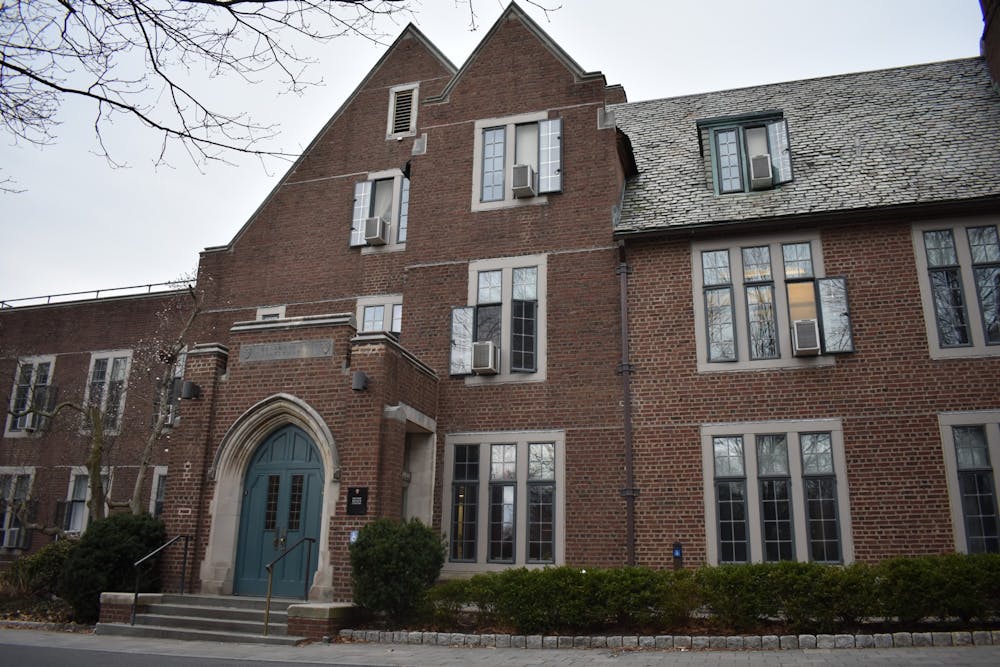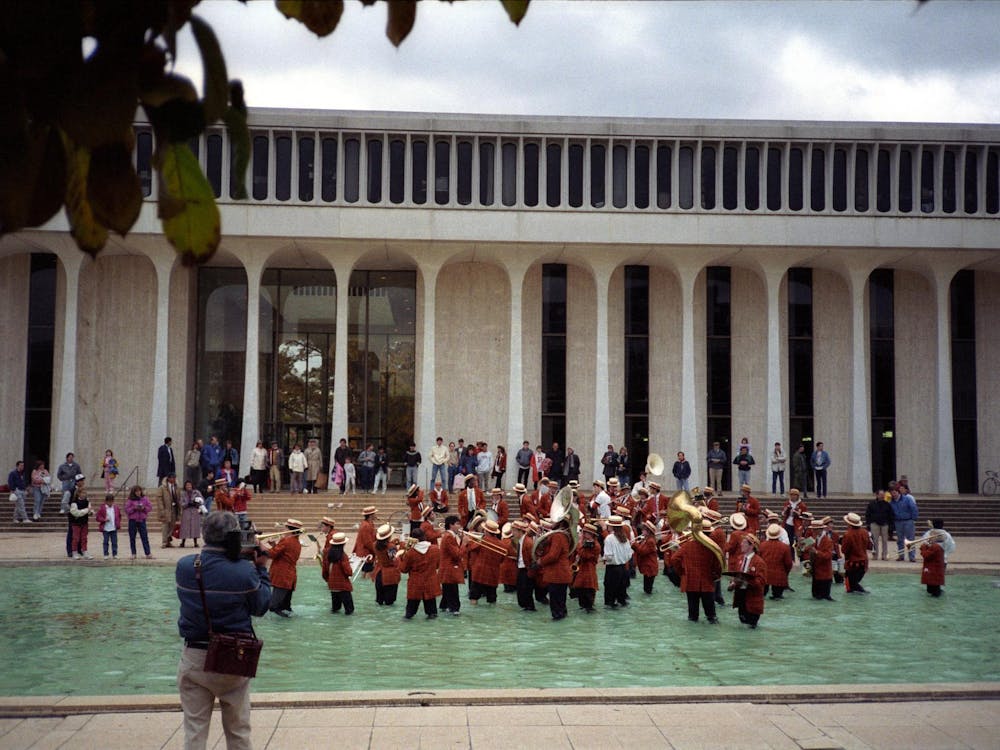It is a pretty safe rule of thumb to assume that no one wants to get sick. You don’t get diagnosed with, say, the flu, and then get treated under the pretext that your illness is your fault. That would be blasphemous medical practice, and everyone knows it. So, why don’t we treat mental illness the same here at Princeton?
It is clear that this year has been especially taxing. That is precisely why the news that CPS experienced an all-time high in appointments this March hardly came as a surprise. The arduous cycle of work coupled with a limited social scene (a respite from said work) has left many feeling incessantly depleted.
The toll of these realities have shown.
I, for one, have had numerous friends reach out for mental health services for the first time (myself included), spend nights in McCosh, and battle constantly to maintain a semblance of mental health. I have sat with friends and delivered food to their dorm as their mental health made them physically unable to get out of bed. Simply put, students are really struggling, and desperately need to feel supported.
However, it is frustratingly difficult to navigate the convoluted process of connecting with mental health services. For example, when I tried to help my friend schedule an in-person counseling appointment due to a severe depressive episode, we were unable to get past the automated phone system. And, by the time they were able to finally get through to a counselor, the scant advice that they received to “just go on a walk” was enough to make them feel invalidated in seeking help to begin with. I can only imagine how bogged down CPS must be, but the University owes its students a system that they can navigate with ease to receive the support that they need.
Not to mention, being a part of the Black community at Princeton, I have seen how hard these past few weeks alone have been on the psyches of Black community members. First, we were confronted with the trial of Derek Chauvin where the worth of Blackness was openly debated for the world to see. Meanwhile, Black death continued to permeate the news despite the favorable verdict (the most favorable would be George Floyd being here with us today), and we were floored to find out about Princeton’s egregious handling of remains from victims of the MOVE bombing.
From professors to students, the impact of these stressors have reverberated throughout our community. They have compounded to create an environment where students cannot help but say “I don’t know how I am supposed to go to class tomorrow knowing this is the university that I attend.” That is a real statement from a real Black student, and it should not be taken lightly.
Yet, as we find ourselves amid what some have considered to be a mental health crisis, we are only reminded just how ill-equipped Princeton’s support system is to meet everyone’s needs. At least not to the extent necessary to foster an environment where students feel valued, seen, and heard.
I think about the professor who initially told my friend that they could not grant them an extension after their aforementioned depressive episode, as it would be “unfair to the other students.” Although this decision was later reversed after my friend went through their Director of Studies, and it is very unlikely that this initial response came from a place of malice, we need to consider what responses like this reveal. This is the very kind of rhetoric that underlies Princeton’s procedure for conducting courses, prioritizing so-called academic fairness over genuinely attempting to accommodate extenuating circumstances. This pattern needs to change, and it needs to start with administration. Responses like these only reinforce the toxic stigmatization of mental illness, suggesting that it is somehow the fault of those who have fallen victim, despite the fact that mental illness is not a product of one’s volition. No one deserves this gross oversimplification (and complete erasure) of the nuance that mental health sadly creates.
Furthermore, I think about my friend who aired their frustrations to me when their advisor continually recommended that they drop classes after a weeklong stint in the hospital rather than collaboratively setting up a plan to get them back on track. That was the route they wanted to take so as not to erase the hard work they have already accomplished. Students have worked hard to keep up with their courses during these burdensome times. One rough week should not invalidate that. Such an action plan would not only have been feasible, but reasonable — it would just take Princeton exercising a bit of compassion and leniency toward a student who had been temporarily set back by their mental health at no fault of their own.
I understand these experiences are not a reflection of every faculty member. Many have practiced immense empathy with students and have actively worked to ease the burden of these times. Moreover, I commend the University for extending Dean’s Date in the face of recent tragedy.
It is simply that the same cannot be said for everyone that is concerning. Some professors have refused to push back due dates despite the University’s Dean’s Date announcement. Others continue to deny students the opportunity to catch up on the work mental illness has impeded from getting completed.

Again, no one chooses to have their mental health falter on them. It is imperative that Princeton moves accordingly.
After all, the path that Princeton is on is not sustainable. If the University does not start treating mental illness like the illness that it is, they will continue to leave students dejected, unsupported, and alone. It is time for the administration to intently reconsider the environment they hope to foster for the students who currently find themselves struggling to hang on and the countless others who will one day walk through FitzRandolph Gates.
The clock is ticking.
Collin Riggins is a first-year student from Kansas City, Mo. He can be reached at riggins@princeton.edu.








